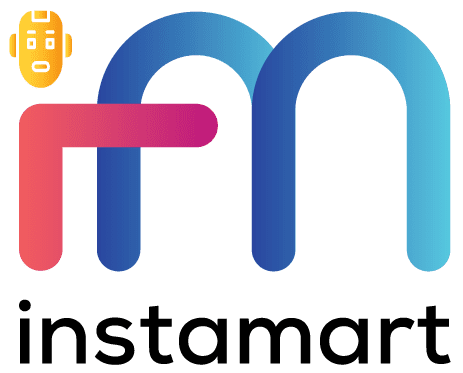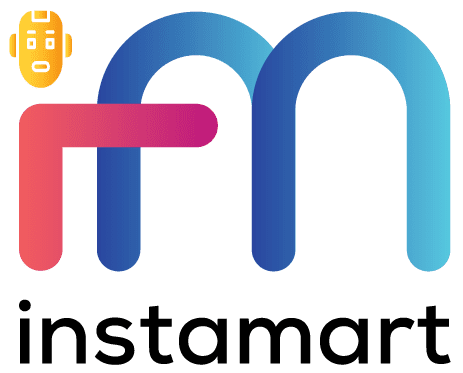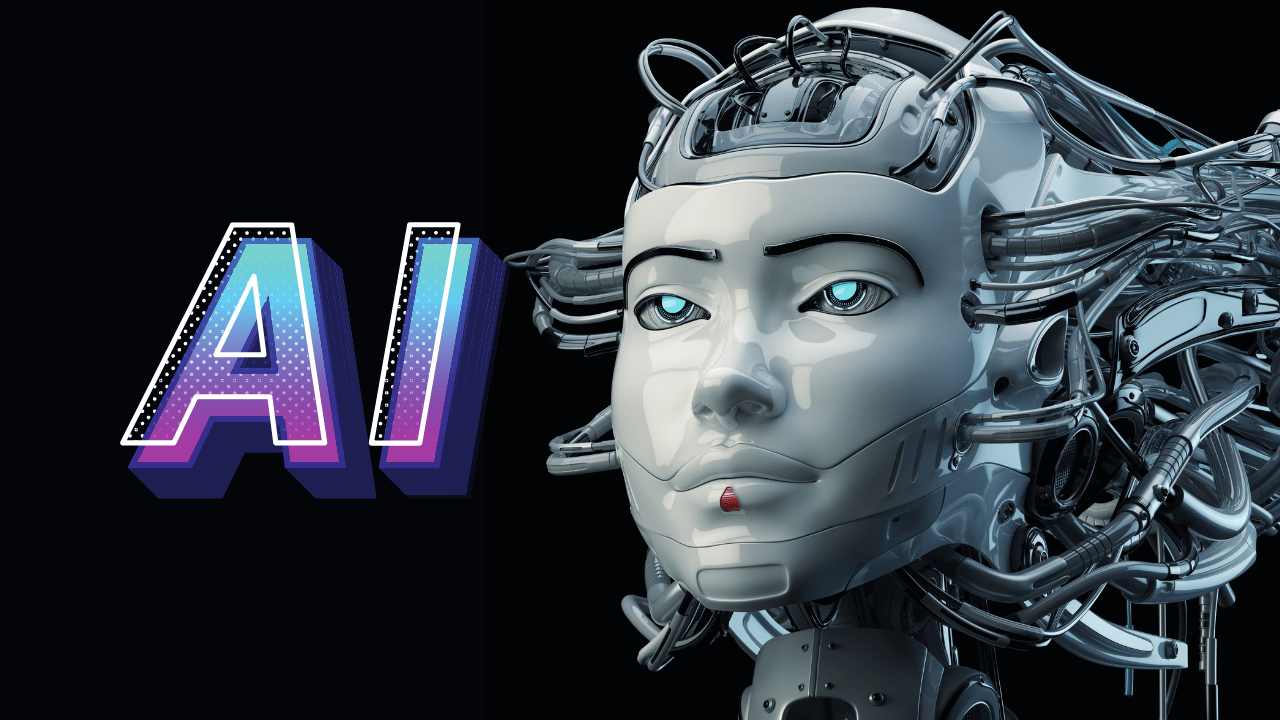Customer service has substantially changed in the quick-changing digital world, and self-service assistance is now an essential component of the customer experience. Artificial intelligence has given organizations the ability to improve their self-service support systems, making them more effective, personalized, and able to respond to consumer needs whenever they arise.
Processing Natural Language for Self-Service Support
In order for AI to have an impact on self-service support, NLP is at its core. Artificial intelligence-driven chatbots and virtual assistants can understand and reply to client inquiries in real-time thanks to NLP, which enables machines to perceive and interpret human language.
AI-powered chatbots are now widely used to handle common customer queries, providing immediate responses and resolutions. These virtual assistants can simulate human-like conversations, leading to a seamless customer experience. With NLP, they can interpret complex sentences and respond with accurate information, reducing the reliance on human intervention for basic inquiries.
Additionally, AI-driven sentiment analysis allows businesses to understand customer feedback at scale. NLP techniques analyze customer reviews, social media comments, and support interactions, providing valuable insights into customer satisfaction levels and identifying areas for improvement.
The advantages of NLP in self-service support are manifold. Customers benefit from faster response times and the convenience of 24/7 availability. AI-powered systems can better understand the nuances of customer queries, resulting in more accurate and relevant responses. Furthermore, NLP enables personalized interactions, where chatbots can tailor their responses based on individual customer preferences and previous interactions.
Read More: Google AI Chat Service Introduces Swahili language
Machine Learning for Knowledge Base Optimization
AI’s machine learning skills are essential for improving knowledge bases, the data stores that underpin self-service support systems. These knowledge bases can have content generated and updated automatically by machine learning algorithms, keeping them current with the most recent knowledge.
Additionally, AI-driven search and recommendation systems assist users in more effectively finding the information they require. Predictive search predicts and suggests relevant articles as customers type their queries, streamlining the support process. Suggested articles based on user behavior ensure that customers are directed to the most relevant resources, reducing the time spent searching for solutions.
Machine learning’s impact on knowledge base optimization translates into several benefits for both businesses and customers. The accuracy and relevance of information are significantly improved, reducing the likelihood of providing outdated or irrelevant content to customers. Additionally, the continuous learning process enabled by machine learning allows knowledge bases to evolve based on user feedback, ensuring continuous improvement and adaptability to changing customer needs.
AI-Driven Analytics for Self-Service Support Improvement
AI-powered analytics bring an extra layer of intelligence to self-service support systems. By analyzing customer behavior and support interactions, businesses can gain valuable insights into customer pain points and areas for improvement.
AI-driven analytics identify commonly asked questions and issues, enabling businesses to proactively address these concerns in their knowledge bases and FAQs. Predictive analytics can even anticipate potential customer problems, allowing companies to offer preemptive solutions, reducing the number of support requests, and enhancing customer satisfaction.
The advantages of analytics in self-service support are substantial. By understanding customer behavior patterns and identifying trends, businesses can enhance customer experience, leading to increased satisfaction and loyalty. Furthermore, the ability to predict and resolve issues proactively can significantly reduce support costs, optimizing resources and improving overall operational efficiency.
Conclusion
The integration of Artificial intelligence in self-service support systems marks a transformative shift in the way businesses handle customer interactions. Natural Language Processing (NLP) enables technology-powered chatbots and virtual assistants to communicate effectively with customers, delivering swift and personalized responses. Machine learning optimizes knowledge bases, ensuring that customers have access to accurate and relevant information at all times. Artificial Intelligence analytics empower businesses with valuable insights into customer behavior, allowing them to improve self-service support continuously.
As AI technology continues to advance, the potential for further improvements in self-service support is vast. From incorporating advanced voice recognition to refining personalized recommendations, Artificial Intelligence is poised to revolutionize customer service in unprecedented ways.
Businesses must use AI-driven self-service support if they want to remain competitive in today’s customer-centric environment. Businesses may provide improved consumer experiences, increase brand loyalty, and promote long-term success by utilizing AI’s capabilities. In the age of digital transformation, embracing Artificial Intelligence is more than simply a step in the right direction—it’s the key to providing excellent customer service.







